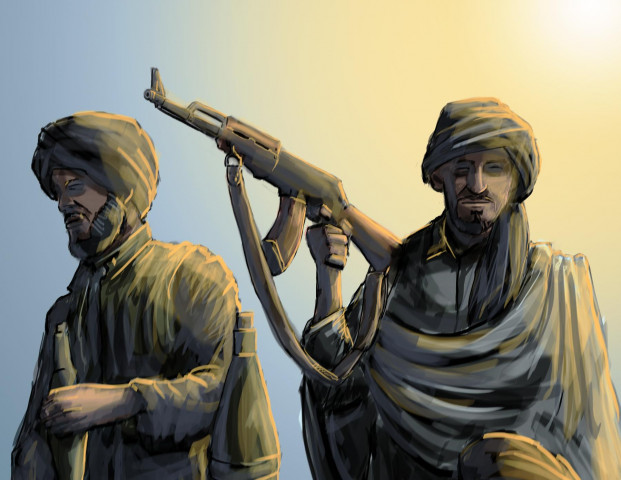Measuring extremism
Rolling back extremism is a generational challenge and it is one that Pakistan must rise to — now.

A significant majority of Pakistanis — 66 per cent — are concerned about “religious extremism” and 59 per cent have no sympathies for the Taliban at all. A sizeable majority — 33 per cent — have no view either way and there are eight per cent who are favourable to them. What the nature of the concern is of the 66 per cent is not analysed, and it would be interesting to gain that insight as it might provide a key to the construction of a countervailing narrative to that pushed by the extremists. Support for extremist groups such as Hamas, al Qaeda and Hezbollah is also falling. In some states, Indonesia is a good example; fears are low about extremism with only four out of 10 expressing a concern. Lebanon, that sits on the edge of the Syrian civil war and the surging extremist group ISIS is extremely worried, with 92 per cent of the population concerned about religious extremism.
The Pew survey is very much a broad-brush picture, an accretion of generalities that can be noted as trends, and it offers no pointers to solutions in any country surveyed. Religious extremism in Pakistan has deep roots that stretch back decades, and it is driven as much by sectarian conflicts as conflicts of wider ideology. The concerns of the 66 per cent are not whimsical fantasy, they are real. Rolling back extremism is a generational challenge and it is one that Pakistan must rise to — now.
Published in The Express Tribune, July 4th, 2014.
Like Opinion & Editorial on Facebook, follow @ETOpEd on Twitter to receive all updates on all our daily pieces.














COMMENTS
Comments are moderated and generally will be posted if they are on-topic and not abusive.
For more information, please see our Comments FAQ